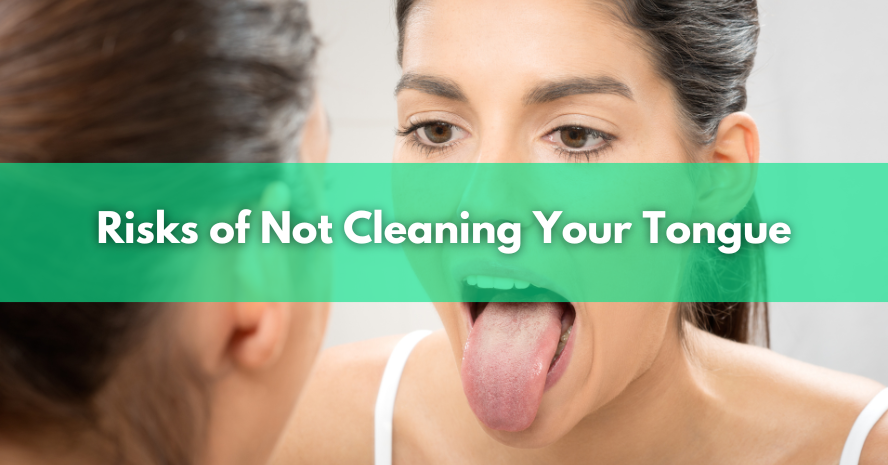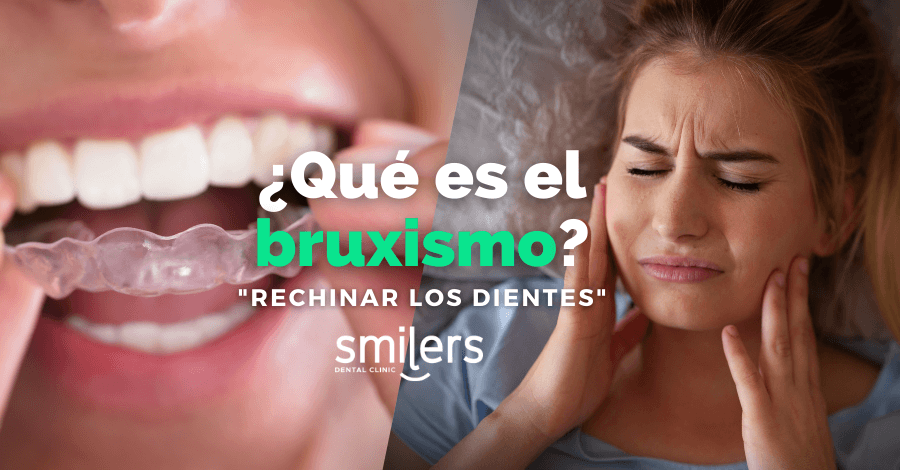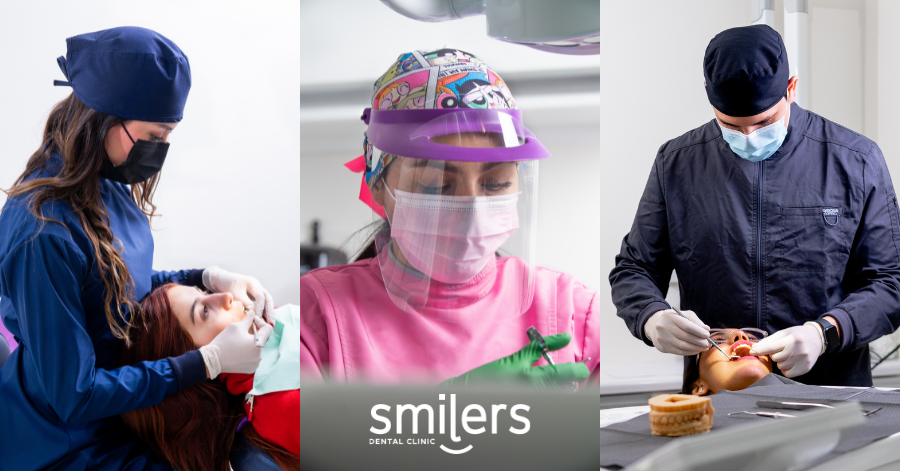In this article, we will explain the main risks of not cleaning your tongue. It is a very common situation nowadays and, in turn, is the cause of different oral pathologies. Therefore, it is essential to consider tongue cleaning as a daily process within the routine dedicated to oral hygiene.

What risks could I face if I don’t clean my tongue?
The purpose of tongue cleaning is to prevent the accumulation of bacteria, as it is a very common place for the bacteria that cause various oral diseases to accumulate. In this regard, it is important to clarify that an optimal routine related to dental hygiene does not only consist of brushing after each meal or using dental floss, but also includes the importance of cleaning the tongue daily.
Among the main advantages of cleaning the tongue, we will highlight that they are directly related to oral health, as well as having an impact on self-esteem. We must not forget that a fresh and healthy mouth will help us to be more confident. On the other hand, the lack of oral hygiene is the main cause of all kinds of dental diseases, with cavities or halitosis being some of the most notable examples.
Essentially, the risks associated with not cleaning our tongue not only increase the chances of developing oral pathologies, but can also affect both the self-esteem and the confidence of patients
Diseases You Can Get from Not Cleaning Your Tongue
Having made a brief introduction about the risks we face if we do not clean our tongue, it’s time to get down to business and learn about the pathologies we can suffer from.
Halitosis
Halitosis is undoubtedly one of the most feared oral pathologies today. It is true that this condition, popularly known as bad breath, is not serious, however, it can lead to all sorts of social problems.
While it is true that the causes and factors of halitosis are multifactorial, it should be noted that one of the most common causes is the lack of dental hygiene. It is important to emphasize that tongue cleaning is essential to prevent halitosis, so if you don’t want to have bad breath, don’t forget to brush your tongue regularly.
Another detail related to halitosis is that, in some cases, the cause is not linked to the mouth, so it is essential to know the origin of this pathology in order to carry out a treatment appropriate to the needs of each patient. In conclusion, we can highlight that halitosis is one of the main risks of not cleaning the tongue.
Oral candidiasis
We define this pathology as an infection caused by fungi, which manifests through white spots in both the mouth and on the tongue. Although this disease can affect patients of any age, it is especially common in babies.
Regarding the causes associated with oral candidiasis, it is important to note that it mainly affects those with a weakened immune system, which is why it is such a common affliction among babies. In addition, we emphasize the importance of maintaining excellent oral hygiene as a very effective way to prevent this disease. In this regard, we highlight the importance of regularly cleaning the tongue to prevent oral candidiasis.
Oral candidiasis is not a serious disease and can be easily treated with an antifungal medication applied directly to the spots caused by this fungus. In conclusion, oral candidiasis is another disease that can originate from a lack of tongue cleaning.
Leukoplakia
We cannot conclude this list of diseases associated with the lack of tongue cleaning without mentioning leukoplakia, a pathology characterized by the appearance of white spots on the inner surface of the mouth. While it is true that it is difficult to determine the exact cause of leukoplakia, experts assert that tobacco use or not maintaining proper dental hygiene habits can be the origin of this pathology.
In the vast majority of cases, this pathology is not serious, but you should know that leukoplakia increases the risk of oral cancer, as this serious disease often forms near leukoplakia patches. For this reason, it is advisable to consult a specialist if the patches do not heal within two weeks. Additionally, it is recommended to request a check-up if you experience ear pain when swallowing or if you lose the ability to open your mouth.
How to Maintain Good Oral Hygiene?
Before concluding this article, we will explain a series of tips that will be very useful for you to enjoy optimal oral hygiene. First, we will make a list of the actions that we must follow within this routine:
- Brushing teeth after each meal
- Using dental floss or, alternatively, interdental brushes
- Using mouthwashes
- Using an oral irrigator
- Cleaning the tongue
Unfortunately, many patients do not follow all the steps related to oral hygiene, which increases the chances of suffering from all types of oral diseases. In addition to the pathologies we have discussed in this article that affect those who do not brush their tongue, it is necessary to mention other diseases such as dental caries or gingivitis.
Today, there are numerous effective tools that will be very useful in your oral hygiene routine, with electric toothbrushes being one of the most recommended alternatives thanks to their ability to remove more plaque compared to manual brushes. The oral irrigator is another interesting novelty that will help us remove those food residues that we have not been able to remove through brushing or using dental floss.


